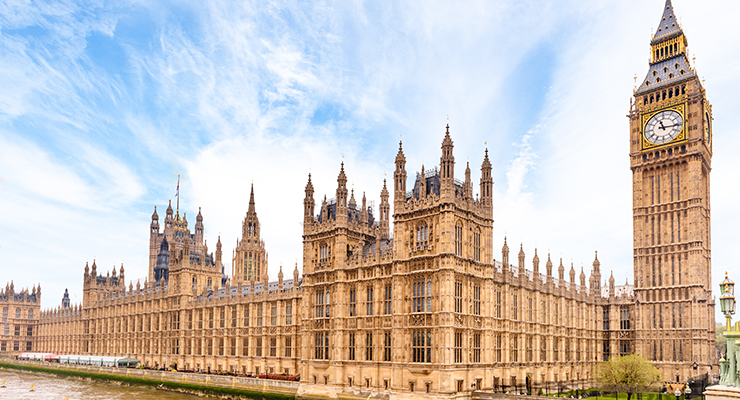
Government sets out next steps to energy efficiency
The government is to consult on a range of measures that it says will improve efficiency and save money for households buying gas boilers and heat pumps, including hybrids, and their controls.
Building on the findings of the Boiler Plus Review and previous consultations, the proposed measures include:
• All gas combi boilers under 45kW to be able to modulate their maximum output down to 15% without on/off cycling by mid-2028
• Larger domestic combis of 32kW-45kW boilers to modulate their maximum output down to 10% without on/off cycling by mid-2028
• All combi boilers to be supplied with a 60°C low flow temperature factory default setting by mid-2026
• Removing simple on-off boiler controls by mid-2026
• All temperature controls and gas combi, system and regular boilers to use open protocols by mid-2026
• Providing information with boilers and temperature controls about which open protocols they can use
• All temperature controls and oil combination boilers to use open protocols by mid-2028.
The government has acknowledged that a flow temperature of 55°C, as set out in ADL1, may not be suitable for all households, where only the boiler is being replaced, and that a higher flow temperature of 65° may be needed for households with people over 65 or with health conditions.
Basic boiler controls will not be sufficient for any heating types after mid-2026. These include standard on/off controls as well as weather compensation controls that use external sensors only, which the government says are not commonly used.
Currently manufacturers use both open and closed communication protocols to control the heating appliance. The government proposes to mandate that all heating controls use open protocols by mid-2026, with oil boilers following in 2028. The controls must monitor/adjust the heating appliance’s flow-temperature to maintain the temperature rather than switching it on and off.
When it comes to heat pumps, it proposes to amend and introduce definitions of low, medium and high-temperature heat pumps and increase and introduce minimum efficiency requirements for each temperature. It anticipates that the move will remove the least efficient appliances from sale.
For the first time, a hybrid system will be formally defined as “a system of space heating, or space and water heating, that contains an electric heat pump, another heater which is not an electric heat pump, and a master control which determines, based on operating conditions, the heat output of each of the heaters.”
The government proposes introducing minimum efficiency requirements for hybrid heat pumps at medium-temperature application (55°C) of 125% from mid-2027.

